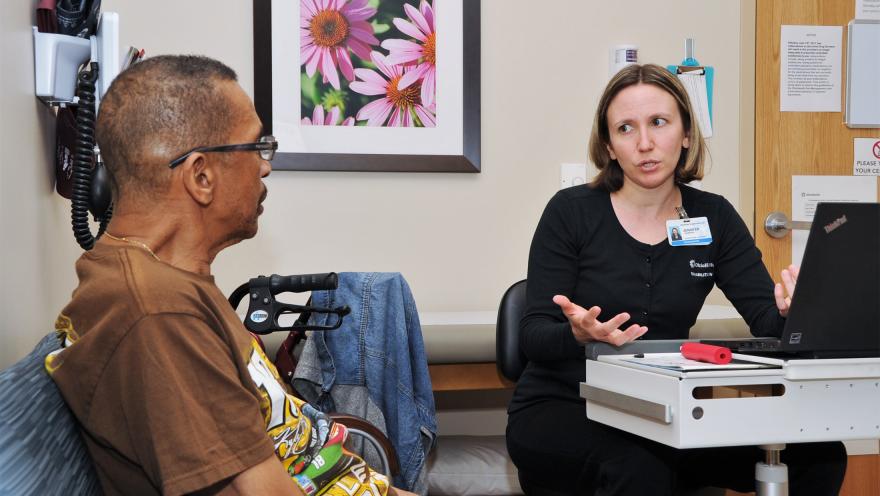UPDATE – APRIL 2024: Relyvrio was voluntarily withdrawn from the market by Amylyx following a phase 3 trial that failed to show it was effective. The ALS Association stands by its decision to push for early approval of Relyvrio given the promising phase 2 trial data and the safety of the treatment. At the time, we said that if it turns out to be ineffective, at worst, people living with ALS would have taken an ineffective therapy without risk of harm. If it was indeed effective, delaying access would have meant that people living with ALS would have lost two years of being able to take a life-extending therapy. In the interests of transparency and education, we are leaving this information up for future reference. People living with ALS need life-saving treatments and we are working as urgently as possible to advance the many more potential treatments in clinical trials.
The ALS Association recently sent letters to 43 of the largest insurance companies and health care payers to make RELYVRIO, which was formerly developed as AMX0035 and approved by the FDA for use in the treatment of ALS in September, available and accessible for people living with ALS. It is part of our commitment to improve access to make ALS a livable disease.
When the FDA approved RELYVRIO it did so for treatment of ALS in adults without exclusions.
In our letter, we encourage payers to:
- Provide immediate coverage for RELYVRIO that is consistent with the FDA approved indication and labeling, including in combination where appropriate.
- Avoid unnecessary delays in access to RELYVRIO™ caused by prior authorization, fail first/step therapy, or other barriers to access.
The letter is part of our broader work to not only ensure that safe and effective treatments are approved as quickly as possible, but to also to ensure that people living with ALS are able to access new and existing treatments promptly and affordably.
Make sure you are getting the best available treatments and services for your ALS is by working with your Association care services team and a multidisciplinary care team. These multidisciplinary teams have more experience working with insurers for ALS drugs than other doctors.

